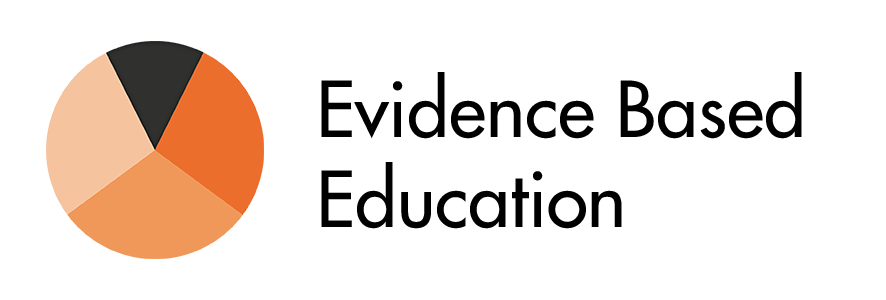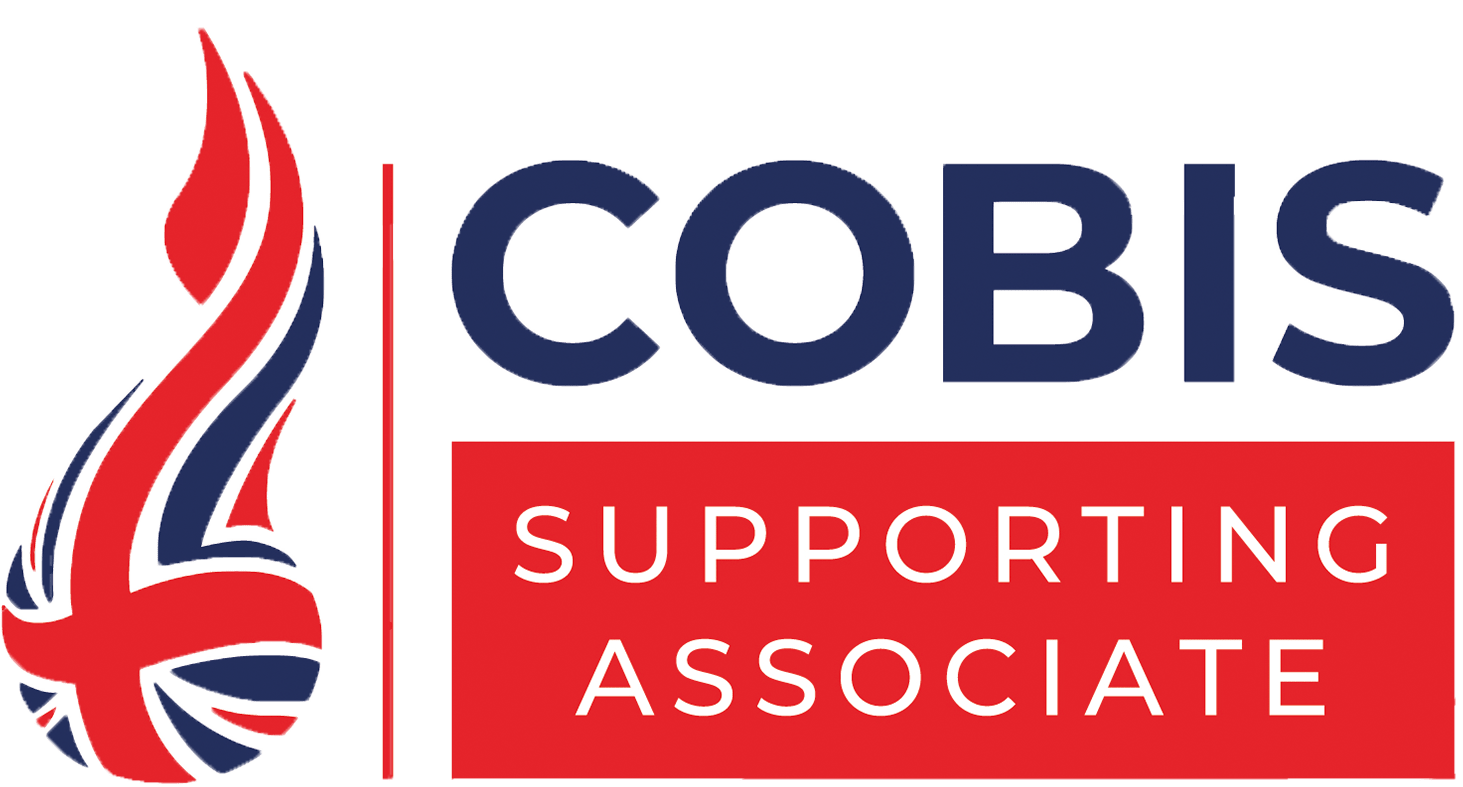And how do you know?
Every school has an assessment framework, but is it fit for purpose? Schools use assessment daily, and it can be difficult to stop, step back and review the approach to ensure it is fit for purpose. To quote Prof. Rob Coe at the Centre for Evaluation and Monitoring, ‘Assessment is one of those things that you think you know until you start to really think hard about it’.
So, in the spirit of reflection and self-evaluation, here are five questions to ask of your school assessment framework to help ascertain that it is fit for purpose:
- Are we using assessment to measure important aspects of the curriculum?
Assessment, pedagogy and curriculum are inextricably linked and, when the best of these are brought together well, they form the backbone of effective teaching and learning. When assessment is sharply focused on the curriculum, and used as a tool of good pedagogy, teachers can maximise its value to improve the responsiveness of their teaching. After all, how can we know what to teach tomorrow, if we do not know what has been understood today? Effective assessment needs to relate to the curriculum ‘map’, strategically challenging pupils to recall and strengthen the right pieces of learning and understanding.
- Do our assessments measure the things we intend them to measure? Are they fit for purpose?
An assessment that is ideal to measure progress might be a poor choice for identifying strengths and weaknesses to inform, plan or adapt your next lesson. Form should always follow function in assessment. We must know what we want to measure and why in order to select the right tool to achieve our purpose. To assess better, we need to be explicit about purpose:
- The construct: What is the specific knowledge, skill or understanding (drawn from the curriculum) that we intend to assess?
- The end use: What do we want to do – the interpretation, the decision or action – with the information generated by the assessment process?
- The best tool: What is the most appropriate, effective and efficient way to assess in this instance?
- Are we assessing learning or performance of short-term memory?
Learning is both the long-term retention of knowledge, understanding and skill, as well as the ability to transfer these to novel contexts. Therefore, teaching needs to address and promote learning which is retained and transferable, and assessment needs to be designed to gauge students’ long-term retention and transfer to novel contexts.
Does your schools’ assessment approach allow you to reliably demonstrate student knowledge and understanding at the point of initial assessment, and that they able to retrieve that knowledge and understanding six weeks later, six months later, or a year later?
- How can we be sure that progress is, in fact, real progress and not just measurement error?
Measuring progress reliably is difficult. All forms of educational measurement contain a degree of error and so assessment is less precise than often it is perceived to be – whether that be national tests, classroom quizzes or teacher observation.
It is a complex and time-consuming exercise to create an assessment that is sufficiently sensitive to be able to reliably measure progress in a relatively short space of time, so teachers need to understand error in their assessment measurements to make accurate judgements about progress.
- Are you using assessment to create learning, not just record the residue of it?
Tests have traditionally been used to measure learning. However, a constantly growing body of research demonstrates that high quality tests (think recaps, quizzes and termly tests rather than just past papers) are better learning opportunities than repeated study / revision. (One of the major proponents of this theory is Prof Robert Bjork, who recently joined our Advisory Board to provide expertise in this area.) The act of responding to questions thoughtfully strengthens a student’s learning; practice testing using well-crafted questions can actually promote learning, making assessment into more than simply a tool for recording data about learning. It has been proven that improved classroom assessment has a positive impact on valued pupil outcomes. This is not insubstantial; it has an effect size equivalent to somewhere between one and two GCSE grades.
Read more about the Assessment Lead Programme and how it can help you improve assessment in line with the best evidence on teacher learning, by clicking here.





